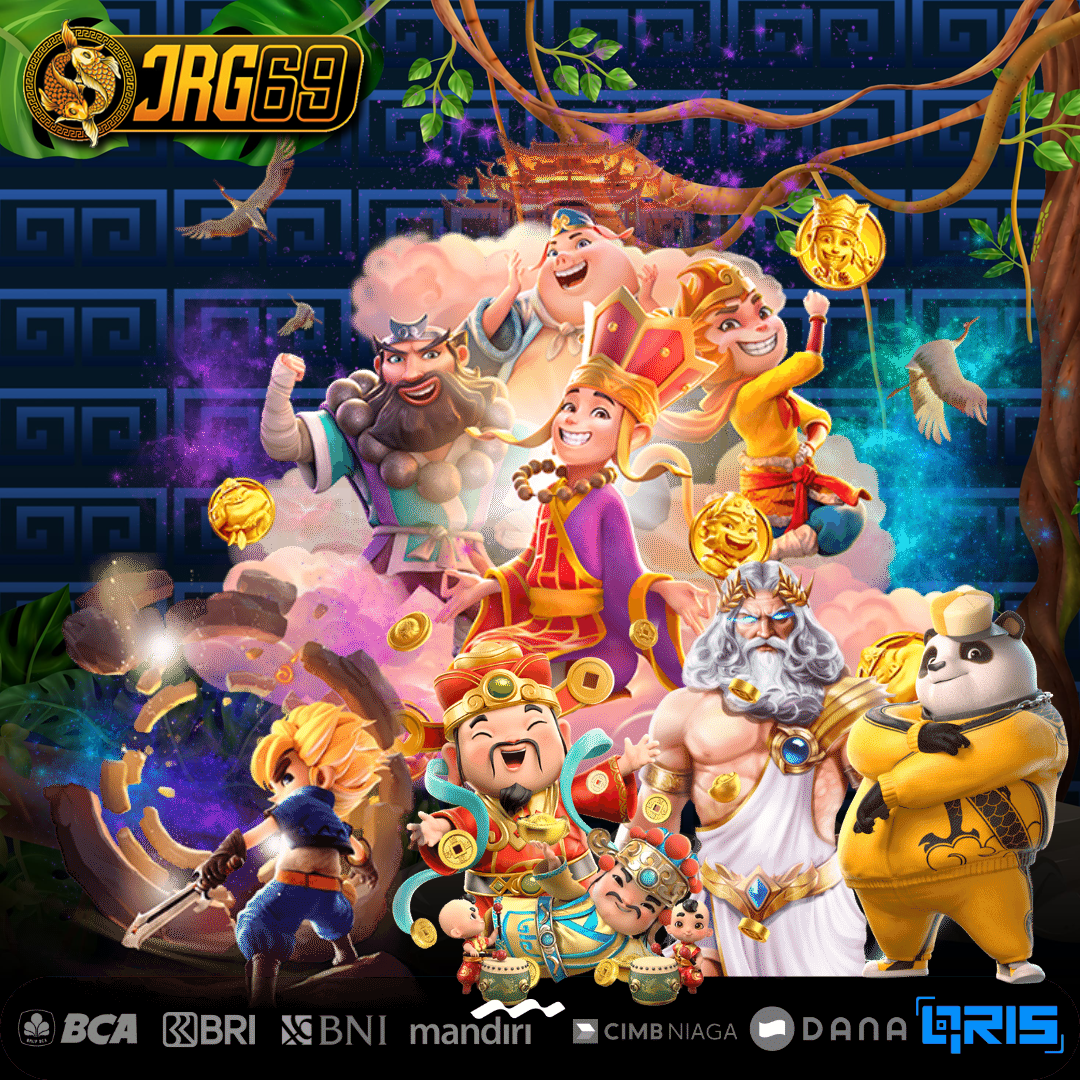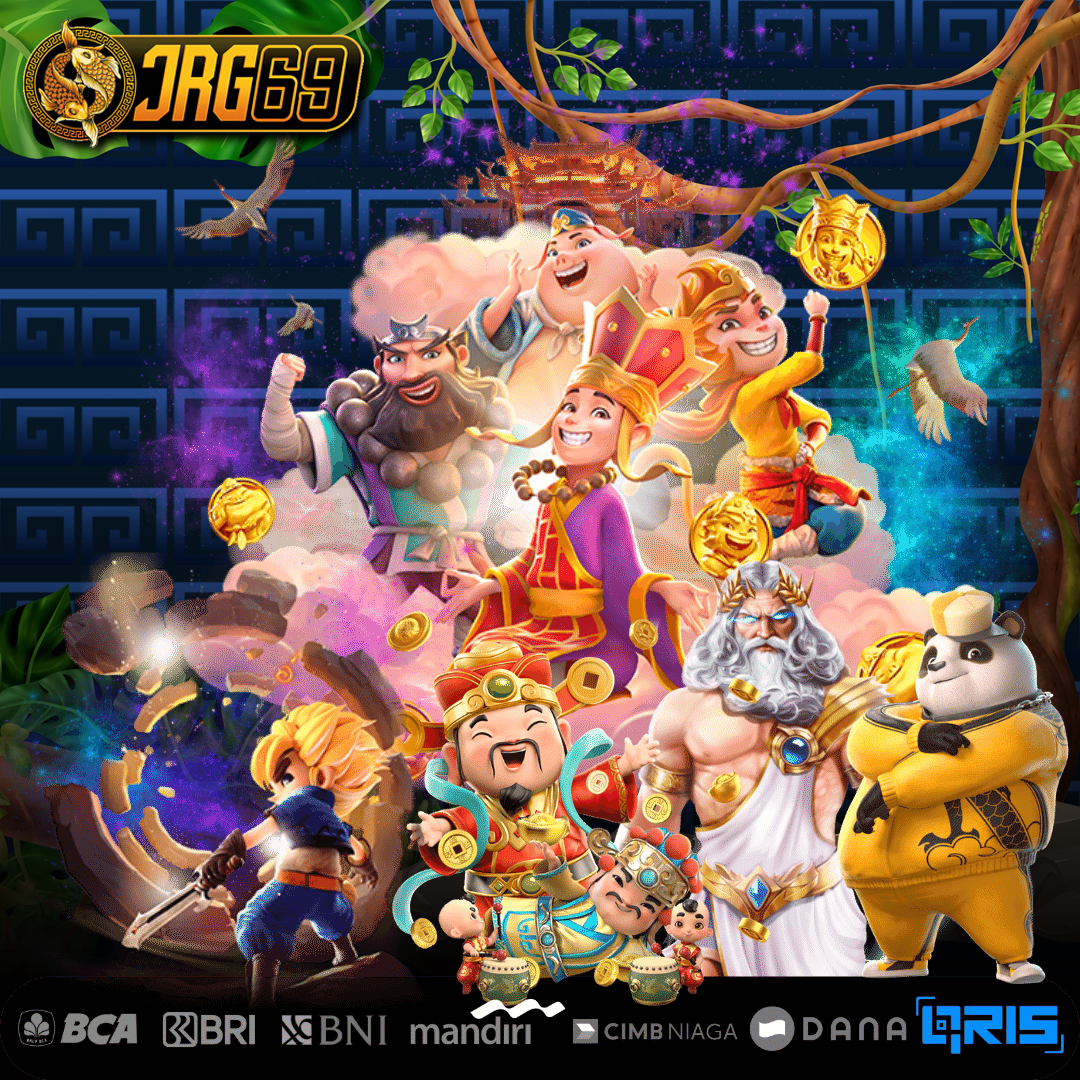JRG69
JRG69: Agen Situs Slot Gacor Anti Rungkad Terbaik Teratas
JRG69: Agen Situs Slot Gacor Anti Rungkad Terbaik Teratas
Couldn't load pickup availability

Jrg69 adalah agen situs slot gacor anti rungkad pilihan terbaik dan teratas yang pernah ada dengan menyediakan permainan hingga ribuan jenis dengan visual dan tema terbaik yang pernah dibuat serta dapat dimainkan dengan mudah melalui satu website resmi situs jrg69 slot saat ini.
Jrg69 sendiri memiliki beberapa dukungan dari berbagai provider slot gacor hari ini serta lembaga pengawas perjudian Internasional seperti PAGCOR, Malta Gaming Authority, iTech Labs dengan maksud memberikan rekomendasi kepada seluruh pemain slot aktif Indonesia karena maraknya situs slot abal-abal atau penipuan di Indonesia saat ini.
Jrg69 diharapkan dapat membawa era dan suasana baru bagi perkembagan situs judi slot online gacor di Indonesia agar dapat terus melestarikan serta secara langsung memajukan teknologi modern di abad ini dimana kemudahan semakin nyata dan mencari uang semakin gampang. Ayo gabung sekarang!
Share


